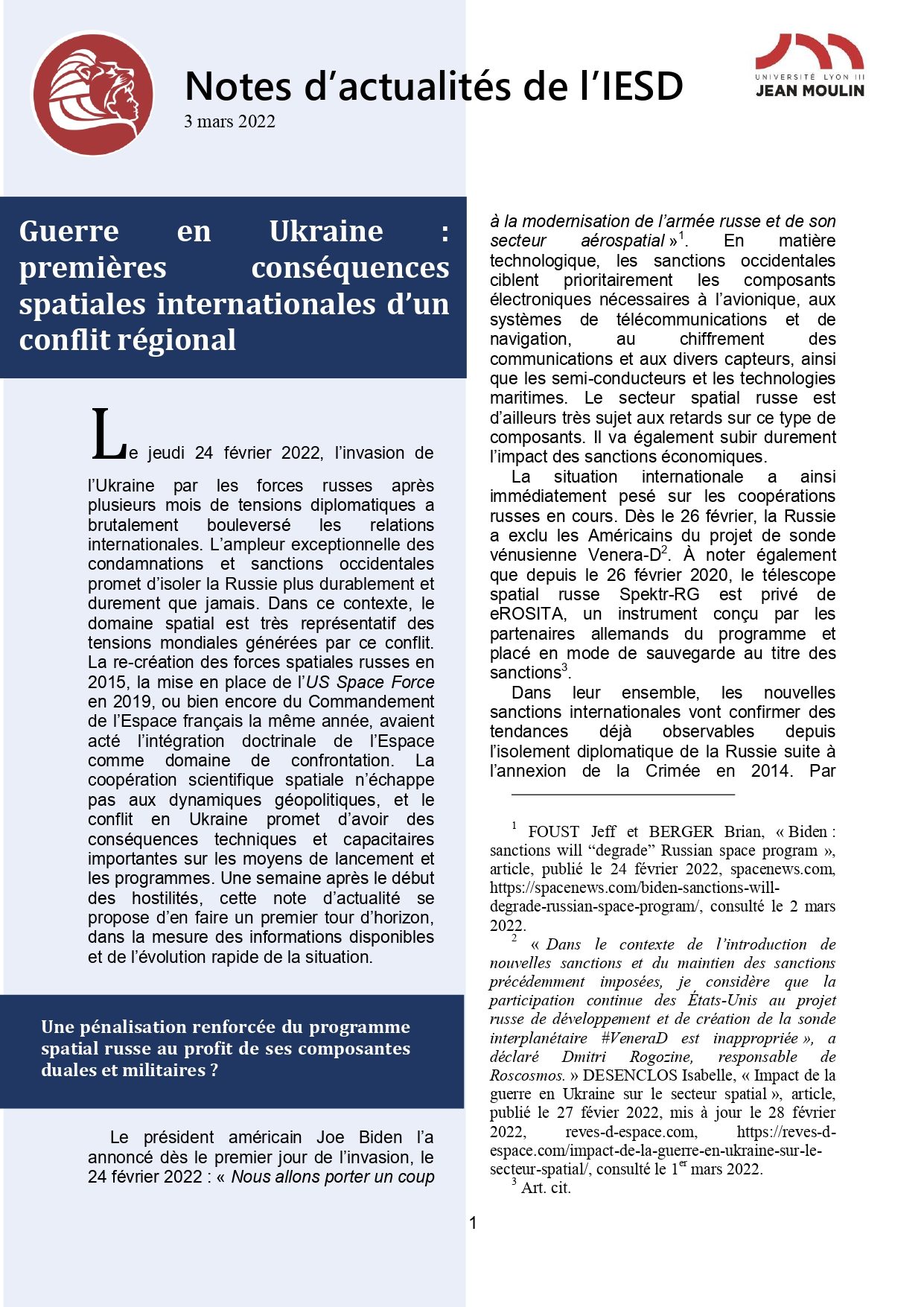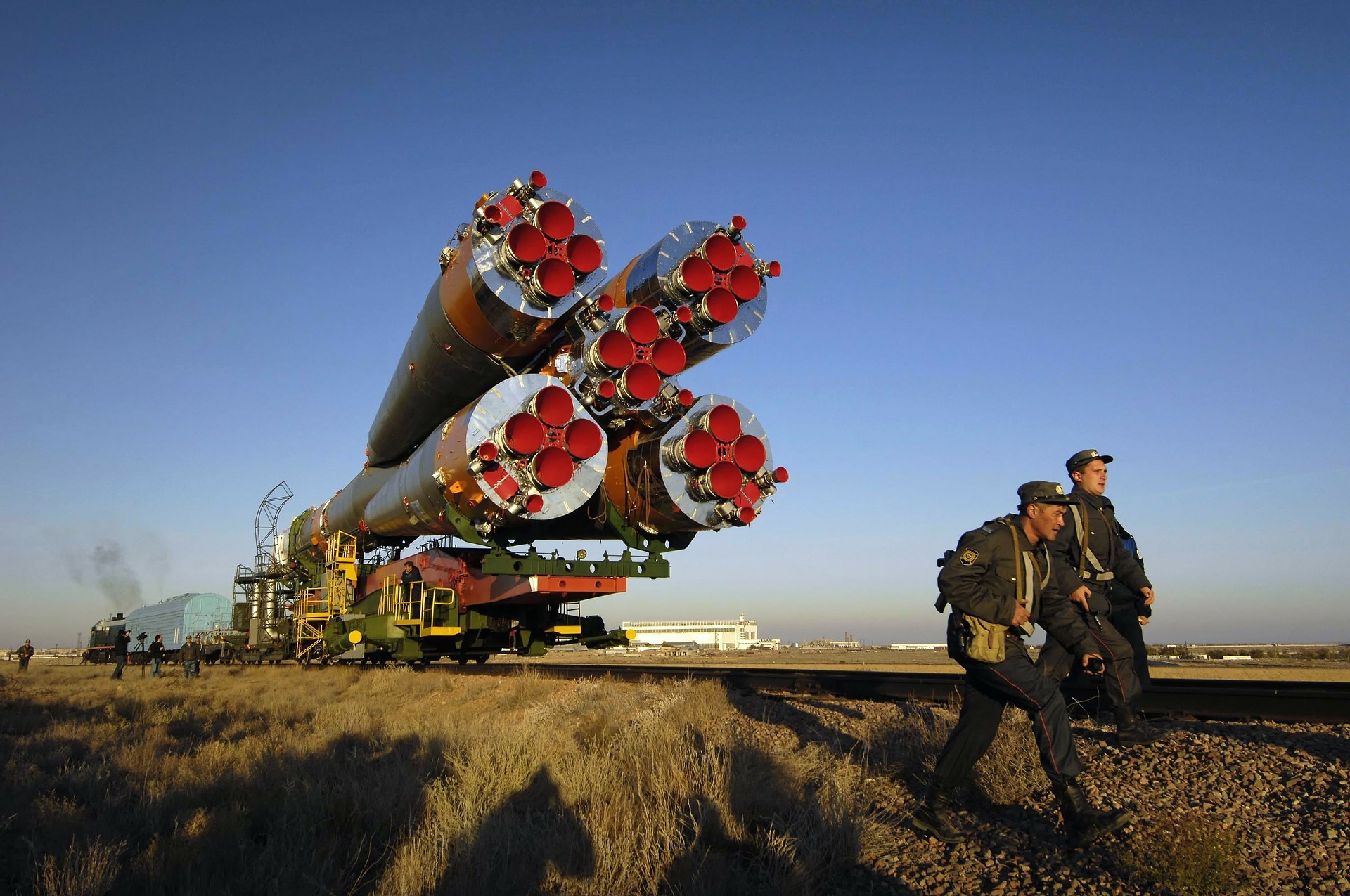
War in Ukraine: initial international space consequences of a regional conflict
Abstract
On Thursday, February 24, 2022, the invasion of Ukraine by Russian forces after several months of diplomatic tensions has brutally shaken international relations. The exceptional extent of Western condemnations and sanctions promises to isolate Russia more durably and harshly than ever. In this context, the space domain is very representative of the global tensions generated by this conflict. The re-creation of the Russian space forces in 2015, the establishment of the US Space Force in 2019, or the French Space Command the same year, had acted the doctrinal integration of Space as a field of confrontation.
About the Author
Amaury Dufay is studies manager in the Space task group of the Institute of Strategy and Defense Studies (IESD). He is a specialist in the technological and capability dynamics of New Space. His expertise is particularly focused on the strategic issues of advanced propulsion systems, weaponization and space tactics.
The war in Ukraine reinforces the dynamics of competition, even contestation and confrontation in Outer Space.
A halt to space cooperation
Scientific space cooperation is not immune to geopolitical dynamics, and the conflict in Ukraine promises to have important technical and capability consequences on launch means and programs. One week after the beginning of the hostilities, this news note offers a first overview, in the measure of the available information and the fast evolution of the situation.
À lire également
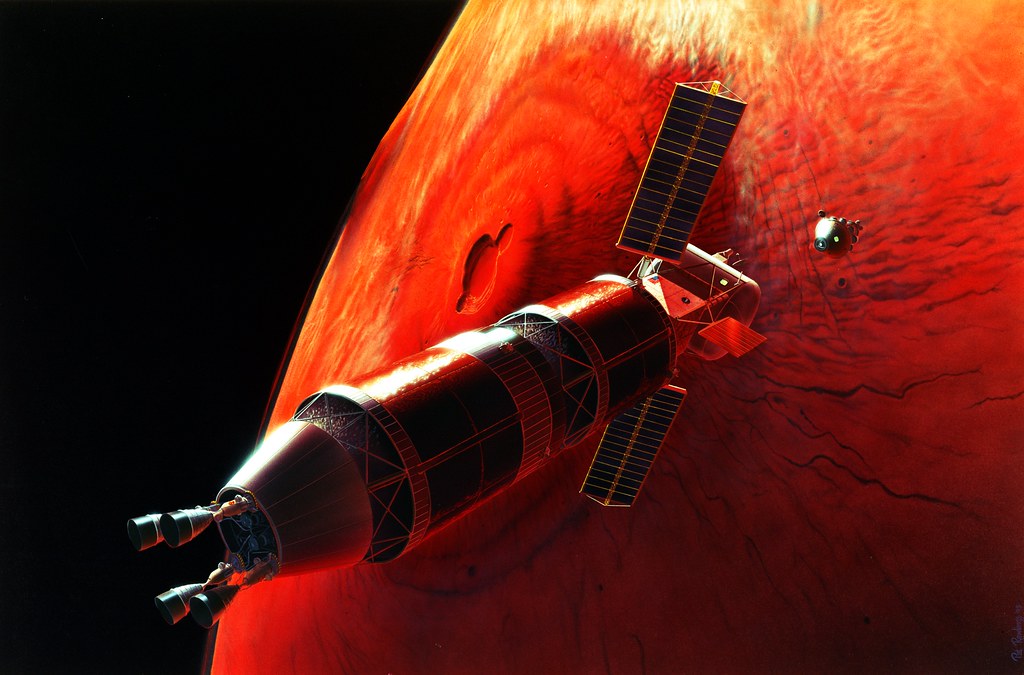
The affirmation of the U.S. space nuclear technology strategy
Since 2017, U.S. interest in space-based nuclear power applications appears renewed. In a context of growing international competition, these applications are even receiving increasingly structured political support. The objective of this note is to examine these developments in order to put into perspective the issues that accompany them. Although primarily intended for interplanetary exploration (surface energy supply and high-performance propulsion), space nuclear technologies remain dual.
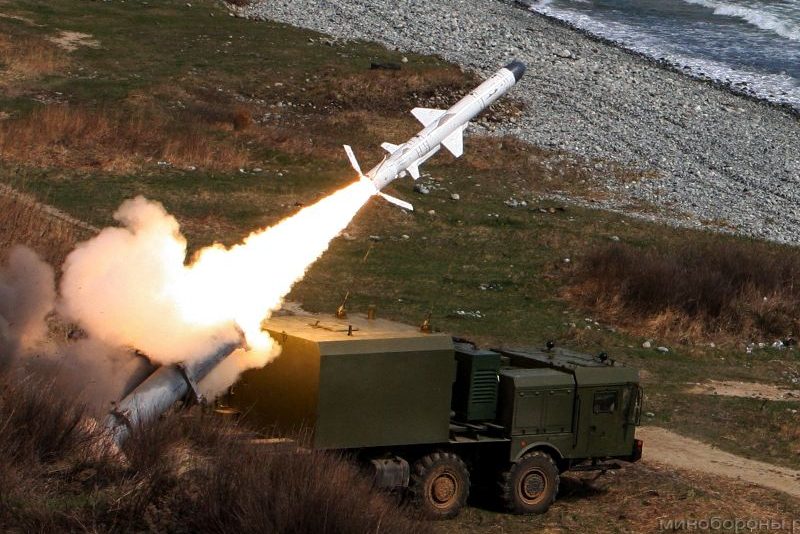
The missile standoff: ballistic considerations of the war in Ukraine
On February 24, 2022, after a few months of strategic uncertainty on the Russian-Ukrainian borders, Russian President Vladimir Putin launched a military offensive in Ukraine. This attack confirmed the aggressive intentions of Russia, which had amassed military forces on the Ukrainian border since December 2021. It also confirmed the concretization of Russia’s efforts to remain a major power in the ballistic field.
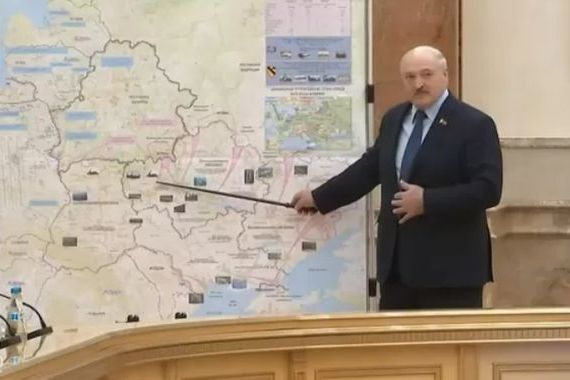
The legal consequences of the nuclearisation of Belarus
Belarus, which borders Ukraine and Poland, has just changed its constitution to become a nuclear state. The referendum of 27 February 2022 approved the proposed constitutional amendments by more than 65%, thus ending the previous status of the Belarusian territory, which had been designated as a neutral and non-nuclear zone. The amended version should also include an article excluding military aggression from Belarusian territory, which would legally allow for the deployment of nuclear weapons by its ally, Russia.


